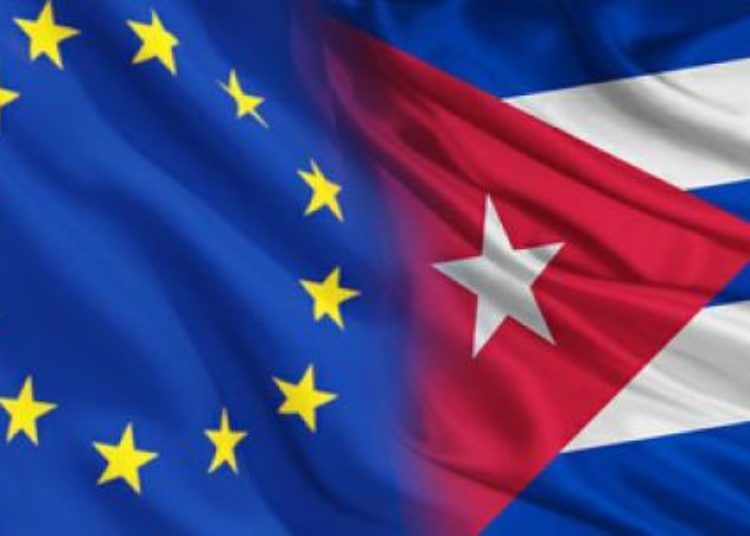The European Union (EU) is carrying out several cooperation projects with Cuba, as part of the regional bloc’s support to other countries in the fight against the coronavirus pandemic.
This support is based on the EU Crisis Declaration on COVID-19, which seeks to adapt the ongoing cooperation to respond to the pandemic and its effects, prioritizing the health response, mitigation of social impact and economic reactivation.
In the specific case of Cuba, the EU Delegation in coordination with the diplomatic representations of the member states of the regional mechanism has articulated a common effort called Team Europe, according to a source from the bloc.
As part of this effort, resources from ongoing cooperation projects have been reoriented, “in order to respond immediately to the pandemic, in collaboration with implementing agencies and entities.”
https://www.facebook.com/UEenCuba/posts/744223979663672
Following these guidelines, funds were reoriented from the AGROCADENAS (Support Program for the Strengthening of Agricultural and Livestock Chains at the local level) and BASAL (Environmental Bases for Local Food Sustainability) projects for the acquisition of protection and hygiene equipment, for a total amount 260,000 euros. In addition, 1.5 million euros from the SAS-Cuba program (local self-reliance supply for healthy eating) were earmarked for the purchase of emergency supplies for accelerated food production (short cycle).
These are three initiatives implemented by the United Nations Development Program (UNDP) on the island.
Similarly, the EU notes that other adaptations of ongoing cooperation programs in the areas of energy, drought risks and landslide risks are currently being studied; at the same time, a dialogue was initiated “to explore proposals from civil society organizations that would respond to the pandemic in Cuba, based on a health and mitigation approach to the social impact on vulnerable populations,” especially among the elderly. As a result, two new projects were signed, with a total financing of 2 million euros.
The first, named “Caring for the elderly in times of COVID-19,″ is the union of the Italian organization WeWorld-GVC and the Cuban Society of Gerontology and Geriatrics, together with the Havana provincial government, and pursues “the optimization health services,” as a response to the pandemic, “aimed at older people who are in vulnerable conditions” in the Cuban capital.
The second, called “Increasing prevention and confrontation measures against COVID-19 in Cuba,” brings together the Cuban Hygiene and Epidemiology Association and Bioengineering Association, together with the Spanish NGO MPDL (Peace Movement), and “seeks to reduce the spread of SARS-CoV-2 among the country’s population, fundamentally benefiting workers in the health sector as the group most exposed to contracting the disease.”
UE dispuesta a tener un “rol importante” en el desarrollo de Cuba
At the same time, the EU Delegation in Cuba has continued to work with the ministries of public health and foreign trade, the Cuban Neuroscience Center, the National Immunoassay Center and other entities belonging to the BioCubaFarma business group, with the objective of preparing a project that helps mitigate the COVID-19 impact on health on the Island. This new initiative, still in the process of allocating funds, has a budget of 1.5 million euros and would be implemented by the Pan American Health Organization, the source points out.
The project “will contribute to the availability of ventilators in intensive care units and personal protective equipment for health workers; as well as strengthening national capacities for carrying out laboratory diagnoses, including those necessary for Cuba’s autonomy in carrying out population seroprevalence studies, essential for epidemiological surveillance of the present and possible future pandemics.”
Representations in Cuba of the EU and its member countries continue to “analyze the situation, redirecting their actions and planning new cooperation projects” on the island.
The regional bloc affirms that “it continues to seek new mechanisms and resources to continue supporting the national strategy for prevention of and fight against COVID-19 in the coming months.” Within these, it includes opportunities for cooperation in coronavirus research through the Horizon2020 program, as well as emergency aid through the Directorate-General of the European Civil Protection and Humanitarian Aid Operations (ECHO).










